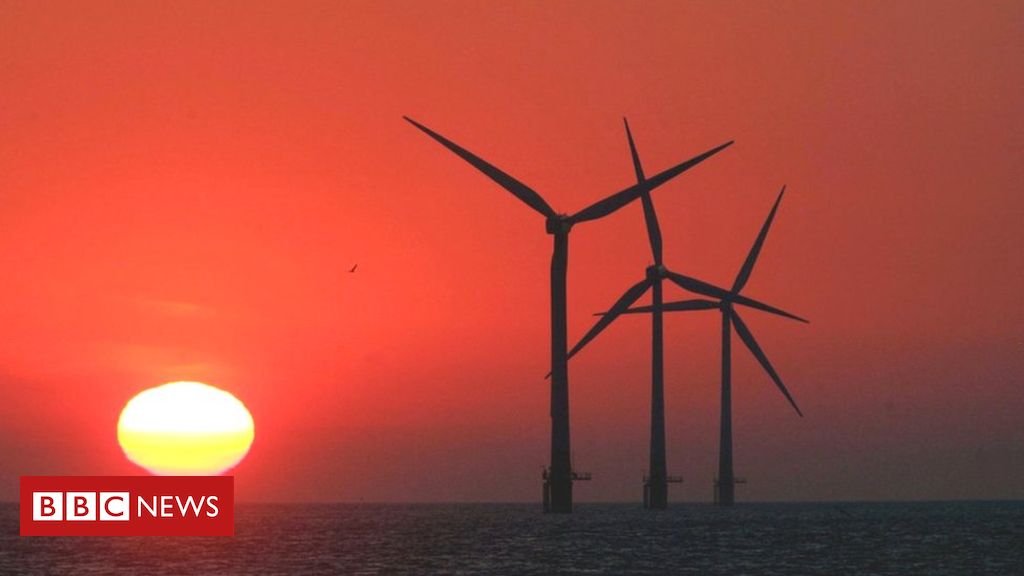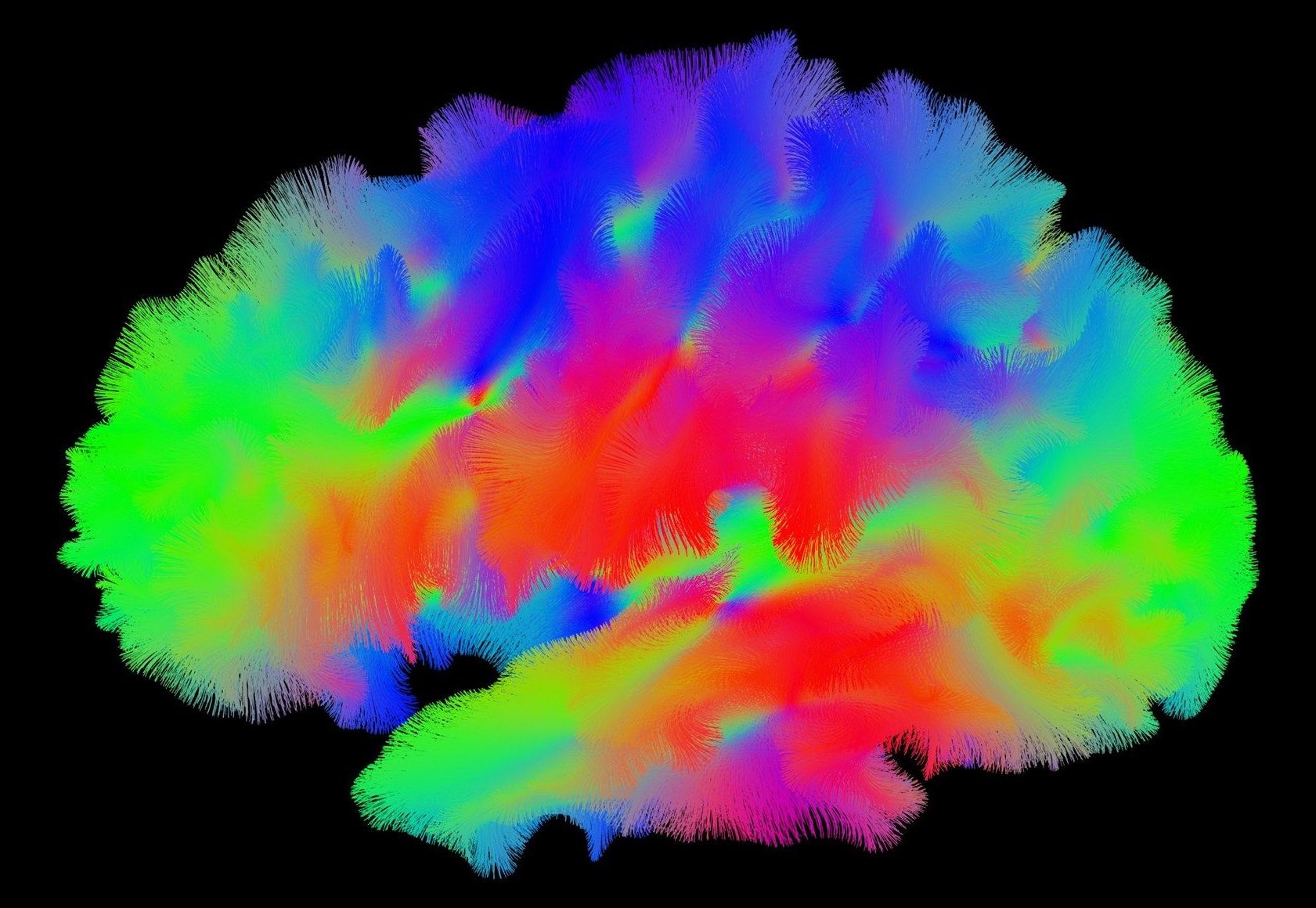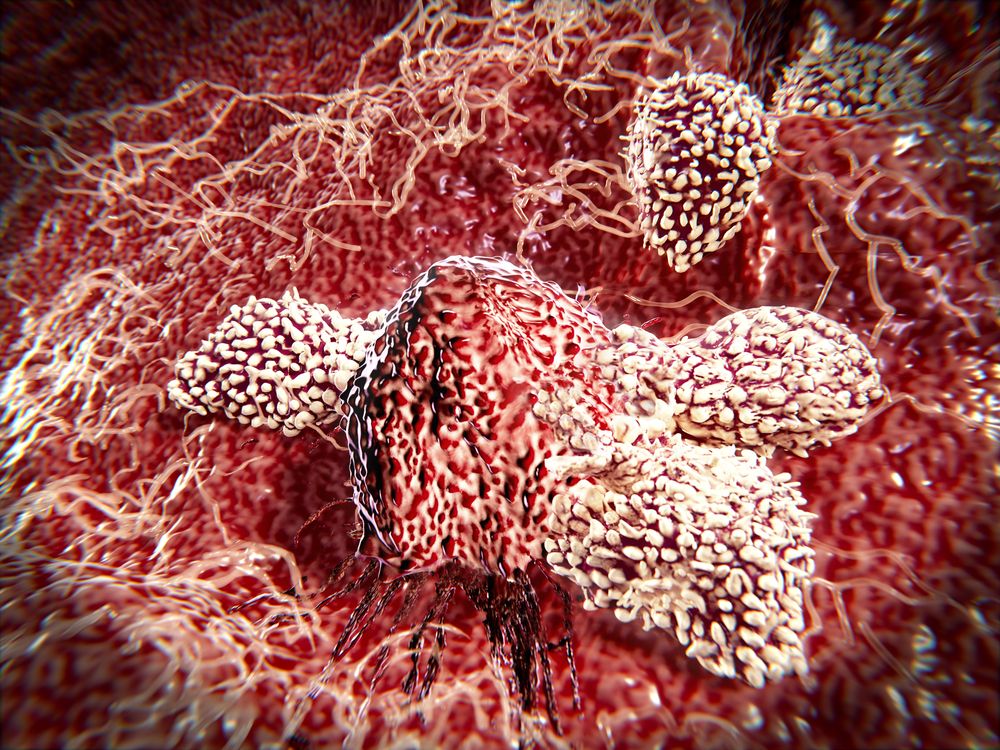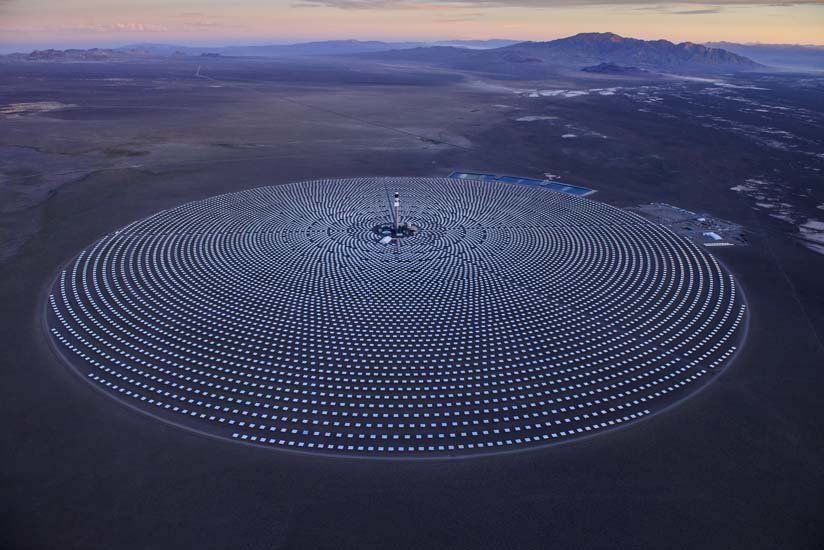Page 9818
Apr 3, 2018
Ethereum Community Considers Hard Fork To Fight ASIC Miners
Posted by Genevieve Klien in category: cryptocurrencies
Top Ethereum devs cause online stir with talk of a hard fork in protocol to combat mining centralization.
27358 Total views
420 Total shares
Continue reading “Ethereum Community Considers Hard Fork To Fight ASIC Miners” »
Apr 3, 2018
Mini Brains Just Got Creepier—They’re Growing Their Own Veins
Posted by Genevieve Klien in categories: biotech/medical, neuroscience
The first human brain balls—aka cortical spheroids, aka neural organoids—agglomerated into existence just a few short years ago. In the beginning, they were almost comically crude: just stem cells, chemically coerced into proto-neurons and then swirled into blobs in a salty-sweet bath. But still, they were useful for studying some of the most dramatic brain disorders, like the microcephaly caused by the Zika virus.
Then they started growing up. The simple spheres matured into 3D structures, fusing with other types of brain balls and sparking with electricity. The more like real brains they became, the more useful they were for studying complex behaviors and neurological diseases beyond the reach of animal models. And now, in their most human act yet, they’re starting to bleed.
Neural organoids don’t yet, even remotely, resemble adult brains; developmentally, they’re just pushing second trimester tissue organization. But the way Ben Waldau sees it, brain balls might be the best chance his stroke patients have at making a full recovery—and a homegrown blood supply is a big step toward that far-off goal. A blood supply carries oxygen and nutrients, allowing brain balls to grow bigger, complex networks of tissues, those that a doctor could someday use to shore up malfunctioning neurons.
Continue reading “Mini Brains Just Got Creepier—They’re Growing Their Own Veins” »
Apr 3, 2018
Activating Natural Killer T cells to Combat Cancer
Posted by Steve Hill in category: biotech/medical
New research has identified the mechanisms responsible for enhancing immune system activity, offering new approaches for more effective cancer treatments and vaccines.
Invariant natural killer T (iNKT) cells are part of the immune system’s arsenal for fighting infection and defeating diseases like cancer. Finding ways to activate these potent cells more quickly could lead to more effective solutions to cancer and other diseases.
![]()
With ‘Siren,’ Unreal Engine blurs the line between CGI and reality: http://engt.co/2ubDGMi
Apr 3, 2018
Elon Musk and Peter Diamandis
Posted by Bill Kemp in categories: business, Elon Musk, life extension, Peter Diamandis, singularity, sustainability, transportation

https://www.youtube.com/watch?v=f22CGnnhmCI
Elon Reeve Musk is a South African-born Canadian-American business magnate, engineer, inventor and investor. He is the CEO and CTO of SpaceX, CEO and product architect of Tesla Motors, and chairman of SolarCity as well as co-chairman of OpenAI.
He is the founder of SpaceX and a co-founder of Zip2, PayPal, and Tesla Motors. He has also envisioned a conceptual high-speed transportation system known as the Hyperloop and has proposed a VTOL supersonic jet aircraft with electric fan propulsion. He is the wealthiest person in Los Angeles.
Apr 3, 2018
Path to a booming Australian solar thermal energy market
Posted by Bill Kemp in categories: solar power, sustainability
A report out from the Australian Renewable Energy Agency (ARENA) this month published responses from industry stakeholders on the viability of a concentrated solar thermal (CST) energy market in Australia: Paving the way for concentrated solar thermal in Australia.
Only 5 gigawatts (GW) of CST is deployed globally so far, with remarkable cost reductions for a technology so “young.” Submissions noted that when today’s 300 GW of PV had only 5 GW of deployed capacity in 2004, its LCOE was ten times that of CST.
CST’s dispatchable solar could play a pivotal role in Australia with its need for energy that can meet obligations for both emissions reductions and reliability, because with its ability to store its solar energy in molten salts for delivery later, CST can offer a stable and predictable supply of solar energy at any time of day or night.
Continue reading “Path to a booming Australian solar thermal energy market” »
Apr 3, 2018
Oil to solar: Saudis push to be renewable energy powerhouse
Posted by Bill Kemp in categories: government, solar power, sustainability
Saudi engineers whip up a simulated sandstorm to test a solar panel’s durability at a research lab, the heart of the oil-rich kingdom’s multibillion dollar quest to be a renewable energy powerhouse.
The world’s top exporter of crude seems an unlikely champion of clean energy, but the government lab in Al Uyayna, a sun-drenched village near Riyadh, is leading the country’s efforts for solar power as it seeks to diversify.
A dazzling spotlight was shone on those ambitions last week when Crown Prince Mohammed bin Salman unveiled plans to develop the globe’s biggest solar power project for $200 billion in partnership with Japan’s SoftBank group.
Apr 3, 2018
Zipline’s Bigger, Faster Drones Will Deliver Blood in the United States This Year
Posted by Bill Kemp in categories: biotech/medical, drones, robotics/AI
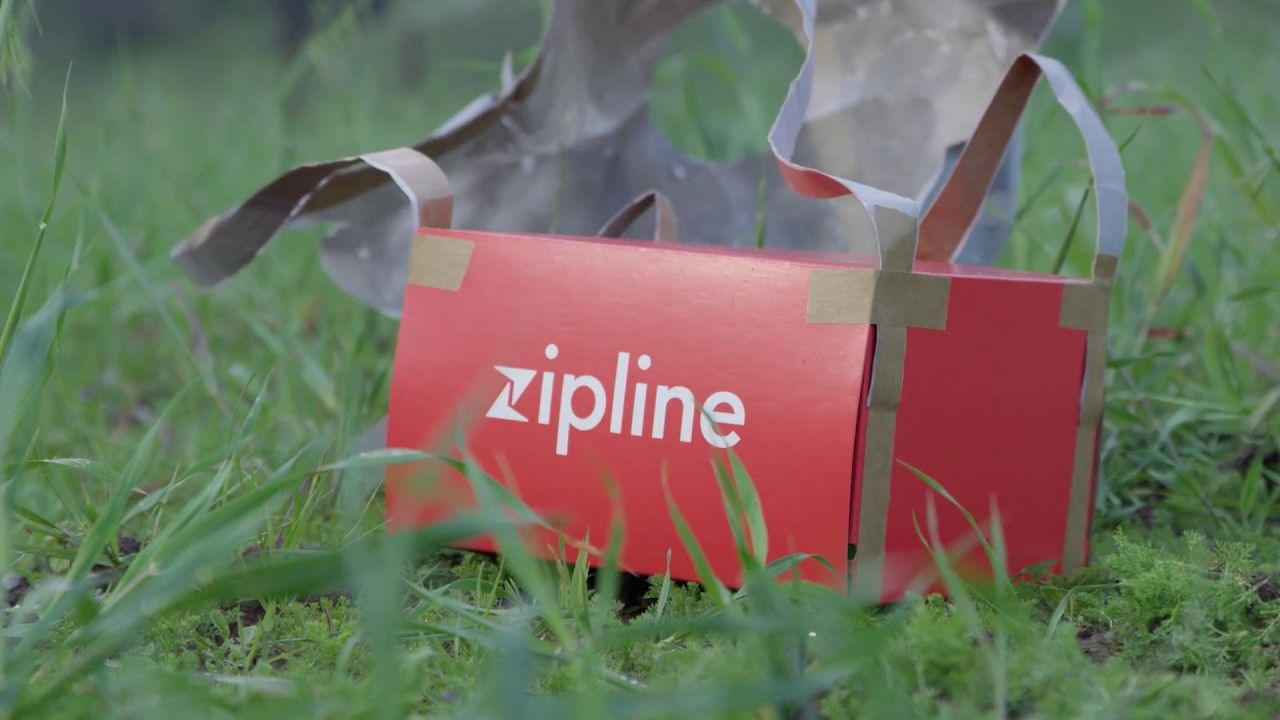
The Robots are Coming!
After taking over deliveries for 20 percent of rural Rwanda’s blood supply, Zipline is introducing its drone fleet to the rural United States.
Apr 3, 2018
From the quantum level to the car battery
Posted by Bill Kemp in categories: economics, information science, quantum physics, robotics/AI, transportation
New developments require new materials. Until recently, these have been developed mostly by tedious experiments in the laboratory. Researchers at the Fraunhofer Institute for Algorithms and Scientific Computing SCAI in Sankt Augustin are now significantly shortening this time-consuming and cost-intensive process with their “Virtual Material Design” approach and the specially developed Tremolo-X software. By combining multi-scale models, data analysis and machine learning, it is possible to develop improved materials much more quickly. At the Hanover Trade Fair from April 23 to 27, 2018, Fraunhofer will be demonstrating how the virtual material design of the future looks.
In almost every industry, new materials are needed for new developments. Let’s take the automotive industry: while an automobile used to consist of just a handful of materials, modern cars are assembled from thousands of different materials – and demand is increasing. Whether it’s making a car lighter, getting better fuel economy or developing electric motor batteries, every new development requires finding or developing the material that has exactly the right properties. The search for the right material has often been like a guessing game, though. The candidates have usually been selected from huge material databases and then tested. Although these databases provide insight into specific performance characteristics, they usually do not go far enough into depth to allow meaningful judgments about whether a material has exactly the desired properties. To find that out, numerous laboratory tests have to be performed.
